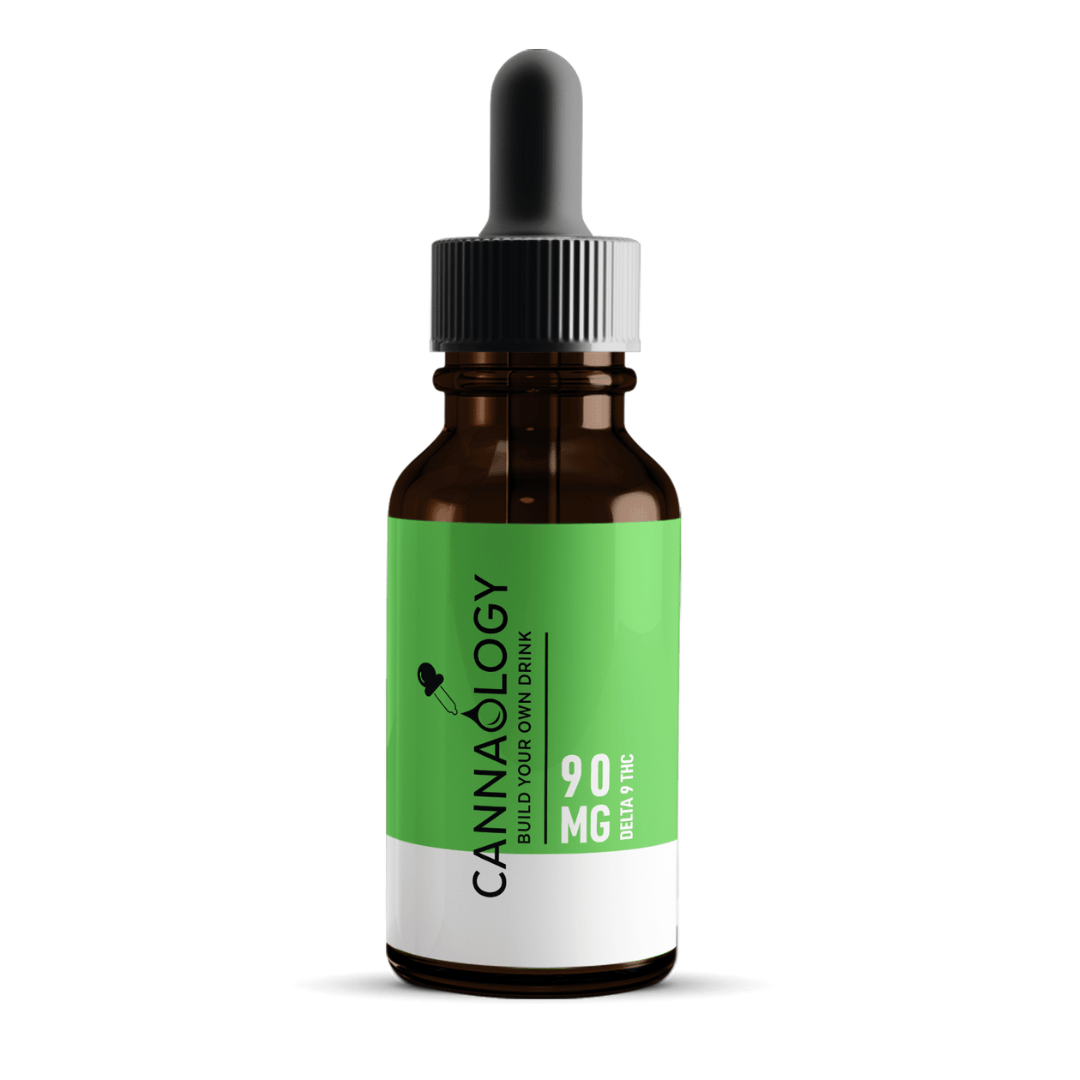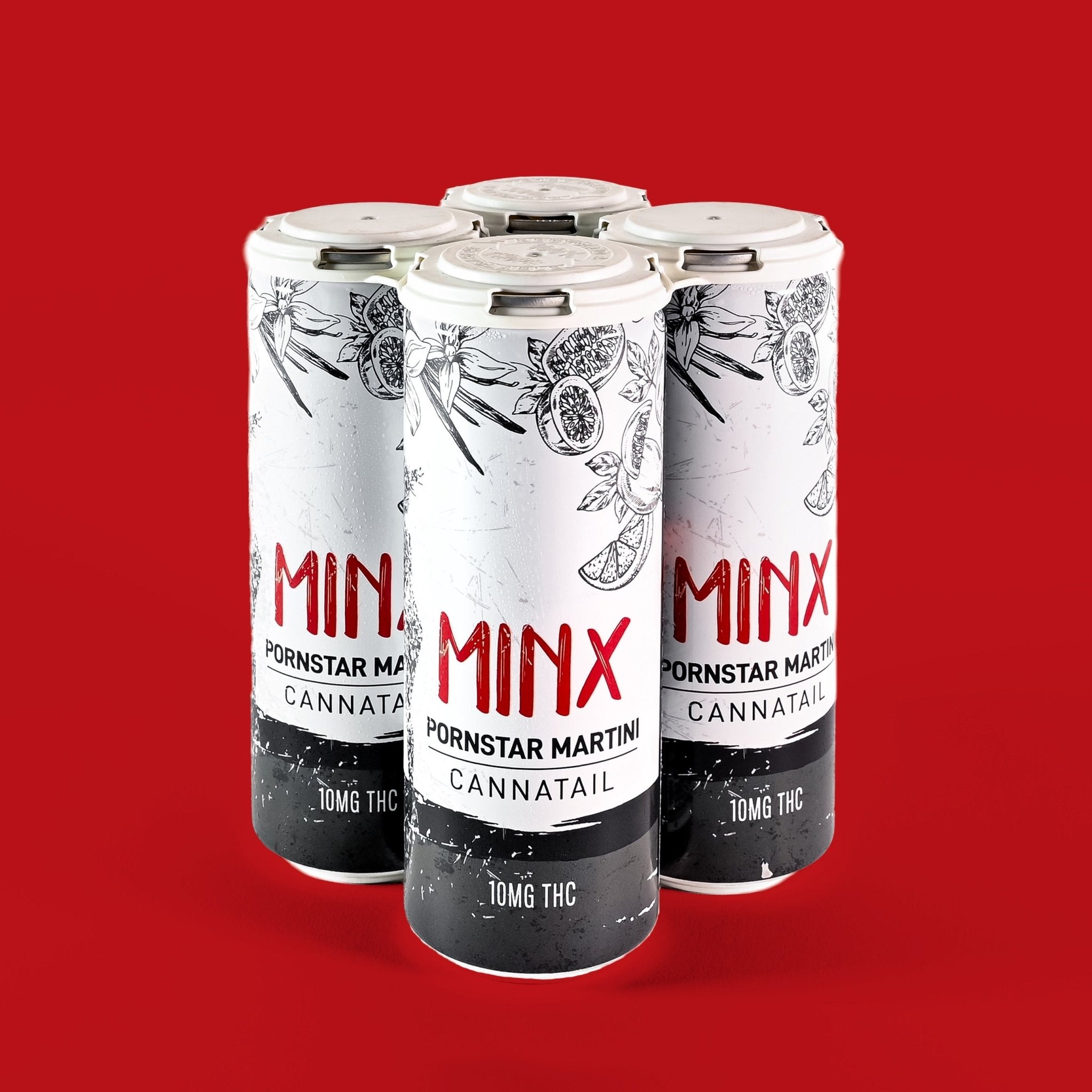
Chronic obstructive pulmonary disease (COPD) is a long-term lung condition that affects somebody’s ability to breathe. This umbrella term is used when someone has emphysema, chronic bronchitis, refractory asthma or some combination of these conditions.
If you or a loved one is affected by COPD, you might be curious about claims that cannabidiol (CBD) can help by opening up the bronchial passages, which makes it easier to breathe. Because of the inflammatory nature of COPD, it sounds reasonable to think that the anti-inflammatory properties of CBD could benefit someone with this condition, but what does the research tell us?
Three important studies
CBD is a non-intoxicating compound harvested from hemp plants. It may be best known for its pain relieving, anxiety reducing and anti-inflammatory properties.
Unfortunately, there are gaps in the scientific data behind CBD’s therapeutic properties. However, the data that is available suggests that there may be some truth to the claims regarding CBD’s effect on COPD.
According to Healthline, there were studies over 40 years ago that “strongly suggested that smoking marijuana dilated the lungs, helping make breathing easier for some people with asthma.”
There was also a trial in 2014 that found that CBD improved inflammation and lung function in mice with acute lung injuries.
Another study, which occurred in 2011, aimed to determine if tetrahydrocannabinol (THC) oil, CBD oil or a combination of both could help combat breathlessness. The study did not show that any of these cannabinoid combinations seemed to make a difference against breathlessness. However, participants were less likely to experience ‘air hunger’ after receiving a combination of THC and CBD. This could indicate that the cannabinoids in combination were able to reduce the unpleasantness of breathlessness.
The way you consume CBD could make a difference
CBD oil can be used in a variety of ways, and the way you choose to consume your CBD can affect how well it may target your symptoms. At this time, there has not been enough research on the subject to determine which way will be most effective against COPD.
Smoking and vaping are two common ways that many people choose to consume CBD. These methods can help you target your lungs, and they may allow you to experience the potential benefits faster than some other methods allow.
However, smoking and vaping can be hard on your lungs. These methods may even cause increased irritation an inflammation, which could counteract the anti-inflammatory and pain relieving properties you may be hoping to benefit from. Ultimately, smoking or vaping may not be the consumption methods best aligned with your goals.
Many people choose to consume their CBD orally instead. This could be in the form of a capsule, tincture or food product. Capsules and tinctures are both easy to take and allow precise dosing. Capsules and food products, like gummies, can be good options if you don’t care for the flavor of cannabis.
There are also other options you could consider, though some of them might be less popular. For example, some people with COPD reportedly use CBD oil topically. They rub the oil on their neck and chest in an effort to relieve some of their symptoms.
Other people reportedly diffuse the CBD oil into the air in their home. This reportedly has minimal side effects, but it can be difficult to control the dosage.
Whatever method you try, keep in mind that the best product for someone else may not be the best product for you. Fortunately, CBD products come in many forms, so you have many options available to you.
Sources
[1] https://www.webmd.com/lung/copd/10-faqs-about-living-with-copd
[2] https://www.mayoclinic.org/diseases-conditions/copd/symptoms-causes/syc-20353679
[3] https://www.healthline.com/health/copd/cbd-for-copd#does-it-work
[4] https://www.tandfonline.com/doi/abs/10.3109/08923973.2014.976794?journalCode=iipi20&






































